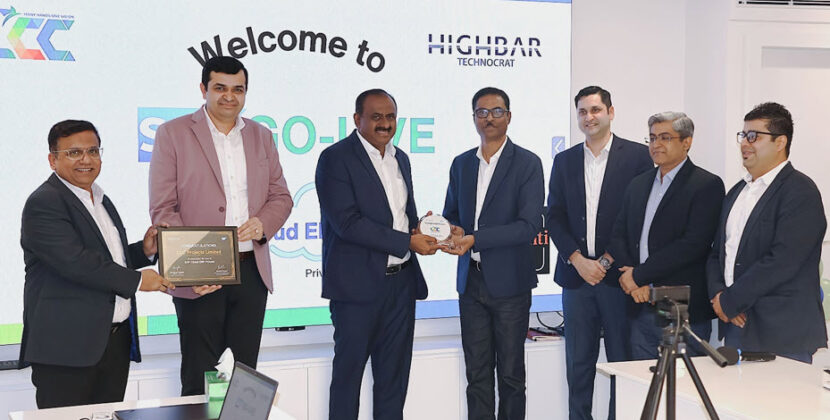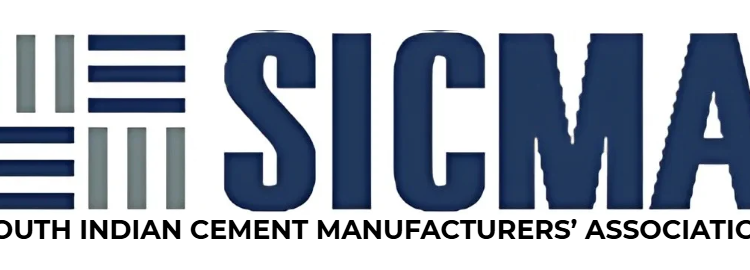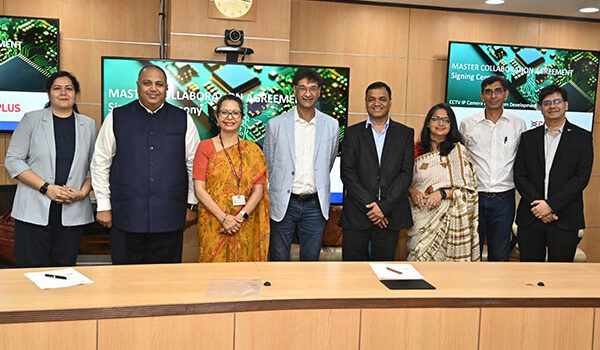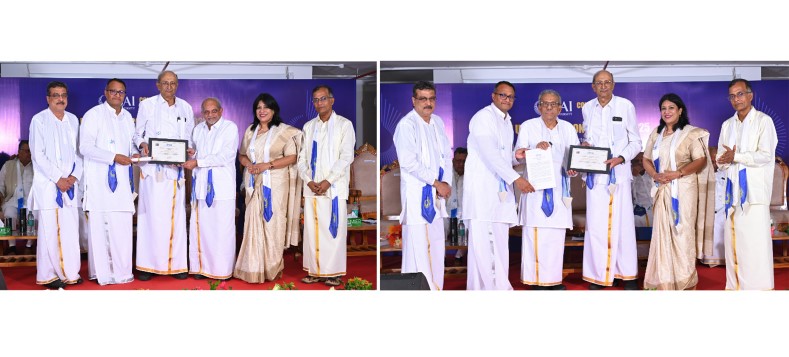In the last 10-12 years, the e-commerce industry in India has grown at an extraordinary pace. While the industry faced some challenges, in the beginning, it witnessed rapid growth in the last couple of years because of a variety of factors. Despite being very successful at what they do, many e-commerce brands have been trying to crack the e-commerce exports space and make their products having a presence in the international market.
To address this subject, the first-ever Ecom India Summit is scheduled to be organized from October 10 and October 11. The two-day conference will shed light on the subject of cross-border D2C exports and be marked by the presence of leading e-commerce experts from the United States, United Kingdom, Australia, and India as speakers. Some of the global organizations that will be a part of the conference include Carbon6, Regro Media, SellerApp, KwickMetrics, and PingPong Global Payments.
Talking about the significance of this conference, Meghla Bhardwaj, co-founder of Ecom India Summit, says, “The launch of the first edition of the Ecom India Summit couldn’t have been timed better as the Indian e-commerce industry is going through a very interesting phase at the moment. Indian D2C brands have registered extraordinary growth in the last couple of years. Some of the initiatives by the government like Atmanirbhar Bharat have given a huge boost to the manufacturing industry. The government is making several attempts to ensure international trade and the e-commerce sector grows. Today, there is a huge demand for Make-In-India products in the global market. Through conferences like the Ecom India Summit, we can come up with several innovative methods to propel the growth of Indian brands that wish to export their products through e-commerce channels.”

Among other things, the evolution of the payment and logistical infrastructure has played an important role in the growth of the e-commerce industry in India. Even consumers based in foreign countries are now finding it quite convenient to order products from online stores based in India. However, there is a need for making the process of exporting products more organized and seamless.
Ecom India Summit aims to offer a platform to both domestic and international players in this sector and hopes that it will contribute towards globalizing the Indian e-commerce industry. Representatives from Amazon Global Selling and Shopify and the Federation of Indian Exporters Organisation (FIEO) will be sharing important tips on how e-commerce brands can reach out to a global consumer base.

Elaborating on this, Tim Jordan, co-founder of Ecom India Summit, says, “Through conferences like these, homegrown brands will get an opportunity to expand their footprint and enter international markets. The Ecom India Summit will serve as a good opportunity for both emerging and well-established Indian D2C brands to understand this ecosystem better and develop the kind of strategies that would help them grow faster. This would also be a good platform for those manufacturers and exporters who plan to diversify from B2B to D2C. We will have a wide range of attendees including artisans and handicraft suppliers who hope to sell their products directly to international consumers. From e-commerce sellers trying to start and scale their own private label brand to individuals wanting to run a work-from-home online business, the Ecom India Summit is for anybody who wants to benefit from e-commerce exports and wish to become a global Indian brand in the truest sense.”
The first edition of the Ecom India Summit will be conducted on October 10 and October 11 at Eros Hotel Nehru Place in New Delhi. At the conference, a variety of important topics pertaining to e-commerce exports, including the process of validating products, setting a global D2C brand, Amazon PPC strategies, and multi-channel fulfillment will be discussed.
The event is being keenly looked forward to as it will bring together all the important brands and agencies that have contributed towards shaping up the e-commerce industry and export processes pertaining to it worldwide. For further details about the event, one can visit www.ecomindiasummit.com.




















